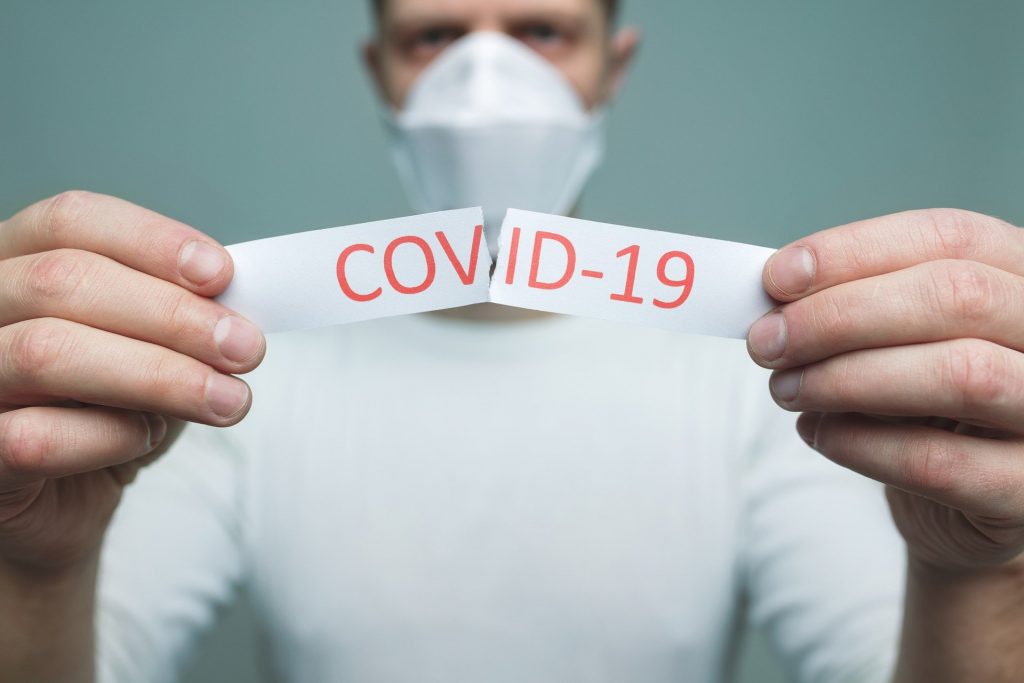A new study has found that the commonly available drug heparin – approved by US Food and Drug Administration (FDA) – could effectively neutralise SARS-CoV-2, the virus that causes Covid-19.
Researchers at Rensselaer Polytechnic Institute in the US have said that the outcome is based on research findings published in Antiviral Research, the drug may act as a decoy to prevent the virus from infecting human cells.
SARS-CoV-2 works by using a surface spike protein to attach to human cells and begin infection. However, heparin can bind with the surface spike protein to potentially block the infection.
This mechanism could enable the medicine to act as a decoy, which may be delivered into the body via a nebulizer or nasal spray to interfere and lower the infection risk.
According to the researchers, similar decoy strategies were observed to be beneficial in fighting other viruses such as influenza A, Zika and dengue.
Rensselaer Polytechnic Institute chemistry and chemical biology professor Robert Linhardt said: “This approach could be used as an early intervention to reduce the infection among people who have tested positive but aren’t yet suffering symptoms. But we also see this as part of a larger antiviral strategy.
“Ultimately, we want a vaccine, but there are many ways to combat a virus, and as we’ve seen with HIV, with the right combination of therapies, we can control the disease until a vaccine is found.”
Meanwhile, fresh studies have shared more information about what treatments do or don’t work for COVID-19, with high-quality methods that give reliable results. British researchers on Friday published their research on the only drug shown to improve survival — a cheap steroid called dexamethasone.
Two other studies found that the malaria drug hydroxychloroquine does not help people with only mild symptoms. For months before studies like these, learning what helps or harms has been undermined by “desperation science” as doctors and patients tried therapies on their own or through a host of studies not strong enough to give clear answers.

